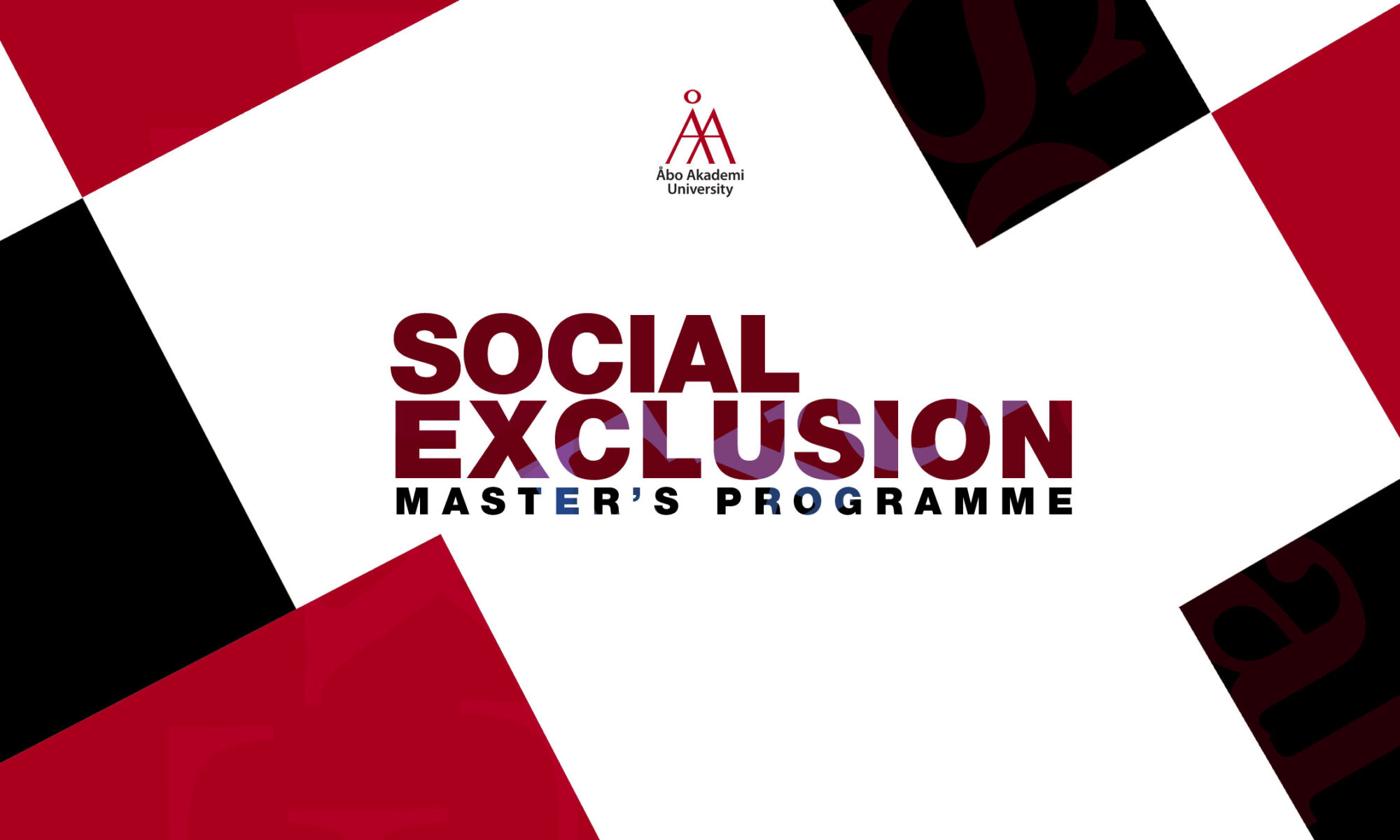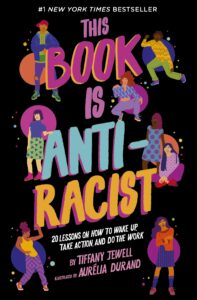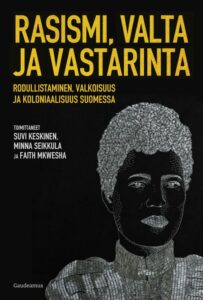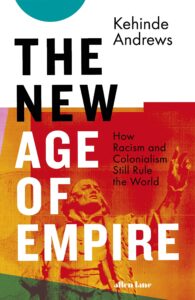What even is activism?
Merrian-Webster defines activism as “a doctrine or practice that emphasizes direct vigorous action especially in support of or opposition to one side of a controversial issue” and Cambridge Dictionary says that activism is “the use of direct and noticeable action to achieve a result, usually a political or social one”. Hearing that definition, the image of activism becomes this enormous protest with a head figure sharing some inspiring words. Nonetheless, activism is exactly this, however, activism can also be on a more grassroots level. To practice activism and to achieve a social or political change can start from a simple hashtag.
activism on social media
The two social media personas Katri Norrlin and Nelli Kenttä discuss in their 2021 book” Vitun ruma” (a direct translation” Fucking Ugly”) both the highs and lows of the impact social media has. They emphasize how social media can negatively affect people’s perception of reality leading to decreased self-esteem. However, they also highlight the positive aspects of social media platforms, one of them being social media activism. Social media can provide a platform for communities to come together and support each other in a shared struggle. On the other hand, social media activism can also be criticized as lazy, performative and only done to chase clout. But this is not always the case, as we have seen with both the #meetoo movement and the #BLM, which grew tremendously online, proves that powerful social movements and activism can be done on social media. Additionally, as Tinksu Wessman, who is an activist, photographer and a current board member of Trans ry, says activism is still activism, regardless of if it happens on social media or on the barricades (Norrlin & Kenttä 2021: 51).
Social media does offer a truly great and wide platform where different kinds of activism against oppression and injustice can flourish and from there become something much bigger. Social media also provides a wide network, where you can reach individuals from all corners of the world. Sharing or posting a hashtag, picture or article can always have an impact, is it then that your problematic aunt reads it and starts thinking or that it sparks a new social movement. Thereupon, below readers can find a compiled list of influential Instagram pages to follow, where equality, anti-racism, justice and other empowering posts are shared.
@ghdhelsinki Good Hair Day is an anti-racist collective and community celebrating Afro-Finns and afro hair
@antiracistforum Anti-Racist Forum is a non-governmental anti-racist organization working to fight for social justice, for instance through various events and workshops.
@finnishafricansociety Finnish-African Society ry was established in 1964 and its purpose is to promote the knowledge of African countries to supply information and to encourage support development, assistance in research on Africa in Finland
@think.africa_finland Think Africa’s mission is to make a social and economic impact by engaging, promoting, and empowering the African diaspora living in Finland as well as building effective collaboration between Finland and African countries.
@ruskeattytotmedia Ruskeat tytöt media is an independent online publication committed to centring and normalizing the perspectives of Brown women and people with underrepresented genders in Finnish and Nordic media
@laakarit.hibo.ibrahim Doctors Hibo A. & Ibrahim A shares their experiences as doctors working in Finland and the discrimination they face almost on a daily.
@noniinmagazine NO NIIN is an independent online monthly magazine at the cups of art, criticality and love
@samha_ry Samha ry is an NGO working with Substance Abuse and Mental Health
@mixed_in_america Mixed in America strives to empower mixed communities and mixed identities
@feminist Feminist is a community rooted in intersectional feminism
@hijabiluscious the account is run by Neda who is a hijabi wearing pole dancer
@nowhitesaviors No White Saviors is a community organisation working with the principle “If you’re not uncomfortable, you’re not listening”
This list is however not complete, and accounts can always be added. If any reader has additional suggestions on Instagram accounts that mainly use English and does activism that supports Intersectionality, Feminism, Anti-Racism, BIPOCLGBTQI+ and Inclusivity to mention a few, feel free to dm us on IG for them to be featured on this blog post.





